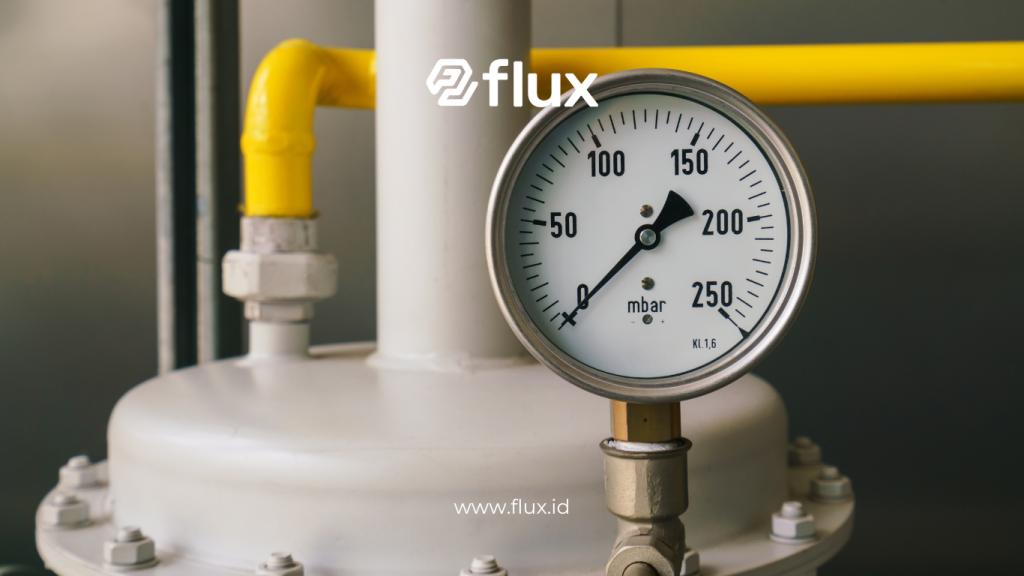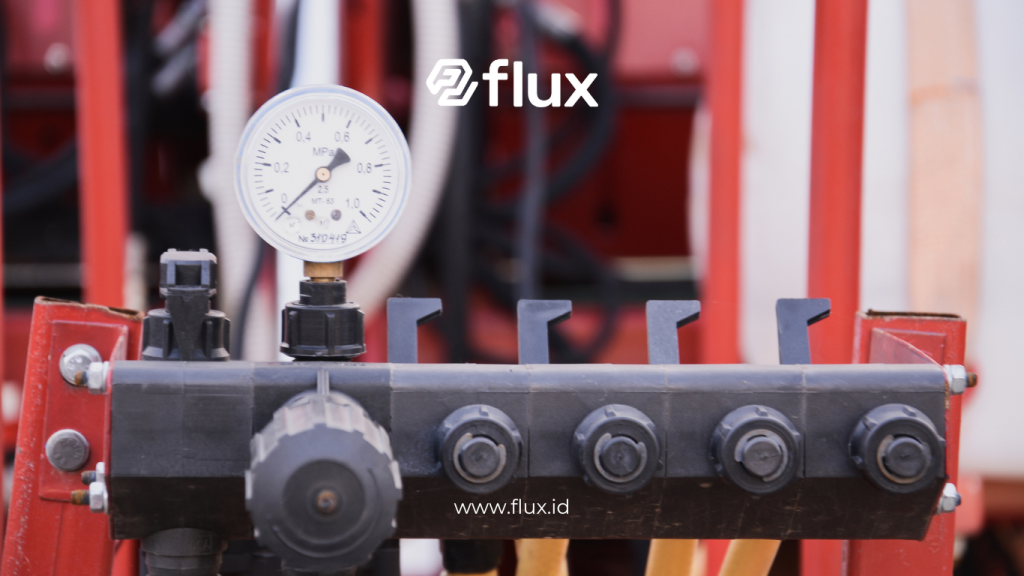Don't miss our holiday offer - 20% OFF!
Security is a top priority across various industries, from manufacturing and energy to transportation. One technology that continues to evolve to support operational safety is the pressure sensor. These sensors are used in a variety of applications, from leak detection to pressure monitoring in critical systems. This article will explore how pressure sensors play a crucial role in optimizing safety and monitoring across various industry sectors.
Contents
What is a Pressure Sensor?

Read More: The Role of Pressure Sensors in Modern Industry: From Automotive to Energy Management
A pressure sensor is a device designed to measure pressure in a system, whether gas or liquid. The pressure measured can be absolute, differential, or relative, depending on the application. These sensors work by converting physical pressure into an electrical signal, which is then processed by a system to monitor or control pressure in a specific operational environment.
The use of pressure sensors is critical, especially in systems that operate under high pressure or are prone to leaks. Early detection of pressure changes can prevent system failures, which may lead to financial losses or even safety hazards.
The Technology Behind Pressure Sensors
Pressure sensor technology has evolved rapidly, especially with the emergence of digital sensors and IoT (Internet of Things). Some of the main technologies used in pressure sensors include:
- Strain Gauge: This technology utilizes changes in electrical resistance in elastic materials due to pressure. When the material deforms under pressure, its resistance changes, producing an electrical signal used to measure pressure.
- Piezoelectric: These types of pressure sensors use piezoelectric materials that generate an electric charge when compressed. These sensors are ideal for applications requiring a quick response to pressure changes.
- Capacitive: Capacitive sensors work by measuring changes in capacitance between two surfaces that change distance due to pressure. This technology is commonly used in applications that require high accuracy.
Pressure Sensor Applications in Leak Detection

Read More: Technology Behind Fire and Gas Sensors: Enhancing Protection and Response in Smart Cities
One of the most important applications of pressure sensors is leak detection. Leaks in systems can lead to significant losses, both financially and in terms of safety. Examples of applications include:
- Energy Industry: In the oil and gas sector, leaks pose significant risks, both environmentally and in terms of safety. Pressure sensors are used to detect leaks in pipelines or tanks by monitoring abnormal pressure drops.
- Water Networks: Pressure sensors are widely used in water distribution networks to detect leaks that may occur in underground pipes. Continuous pressure monitoring allows small leaks to be detected before they become major issues.
- Chemical Industry: In the chemical industry, leaks of hazardous chemicals can have fatal consequences. Pressure sensors help monitor pressure conditions in storage tanks or reaction processes, detecting leaks before they reach dangerous levels.
Pressure Monitoring for System Safety
Besides leak detection, pressure monitoring is a crucial part of safety systems in many industries. Here are some examples:
- Automotive Industry: In modern vehicles, pressure sensors are used to monitor tire pressure, ensuring optimal performance and safety. The tire pressure monitoring system (TPMS) alerts drivers when tire pressure drops to unsafe levels.
- HVAC (Heating, Ventilation, and Air Conditioning) Systems: Pressure sensors are used to monitor pressure in air conditioning systems, ensuring the system operates efficiently and safely. Leaks in the cooling system can affect performance and cause damage to other components.
- Energy Management: In energy management, pressure sensors help monitor gas and electricity distribution systems. For example, these sensors are used to monitor pressure in gas distribution networks, ensuring no leaks that could cause explosions.
The Benefits of Pressure Sensors in Security Optimization

Read More: Understanding How PIR (Passive Infrared Sensors) Work for Better Home Security
Effective use of pressure sensors can provide several benefits in terms of enhancing security, including:
- Early Damage Detection: With pressure sensors, companies can detect early signs of system damage before a major failure occurs. This is crucial in preventing industrial accidents.
- Reduced Downtime: When leaks or pressure issues are detected early, system downtime can be minimized, improving overall operational efficiency.
- Cost Savings: Undetected leaks or system issues can result in significant financial losses. Pressure sensors help prevent these losses by ensuring systems operate at safe pressure levels.
- Improved System Performance: With accurate pressure monitoring, systems can be optimized to operate at their best conditions. This helps extend the life of equipment and increase energy efficiency.
Pressure Sensors in the IoT Era
With the development of the Internet of Things (IoT), pressure sensors can now be integrated into larger systems for remote monitoring. For example, pressure sensors can be connected to an IoT network to provide real-time data on pressure conditions throughout the system. This allows managers to monitor system conditions remotely, improving responsiveness to potential issues.
The main advantage of this integration is improved operational efficiency. Data collected by pressure sensors can be used for predictive analytics, helping identify trends and potential system failures before they occur. This also allows companies to perform more effective preventive maintenance, reducing sudden repair costs.
Challenges in Using Pressure Sensors

Read More: Water Pressure Sensor: Boosting Tsunami Warning Reliability
Although pressure sensors offer many benefits, there are several challenges that need to be addressed in their use, including:
- Calibration: Pressure sensors need to be calibrated periodically to ensure measurement accuracy. Uncalibrated sensors can provide incorrect data, which can be fatal in safety-critical applications.
- Operating Environment: Pressure sensors must be designed to operate in harsh environmental conditions, such as high temperatures, humidity, or extreme pressures. Choosing the right sensor for a specific environment is crucial to its success.
- Implementation Costs: The initial cost of installing pressure sensors, especially in large numbers, can be high. However, these costs are often offset by savings generated from early detection and reduced downtime.
Conclusion
Pressure sensors play a critical role in enhancing security across various industry sectors. From leak detection to pressure monitoring, these sensors provide significant benefits in terms of damage prevention, cost savings, and improved operational efficiency. As technology continues to evolve, especially with the integration of IoT, the role of pressure sensors becomes even more significant in optimizing security and system performance. While challenges such as calibration and operating environment remain, the right solutions can help companies leverage pressure sensor technology to its fullest potential.
The use of pressure sensors not only helps in leak detection but also adds an extra layer of security in pressure monitoring, essential for maintaining safe and efficient operations.





